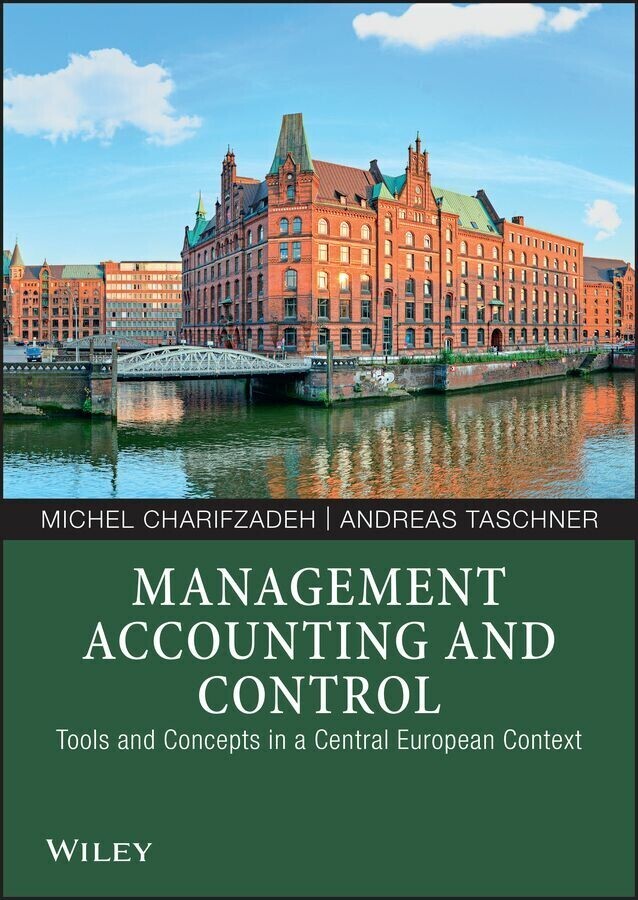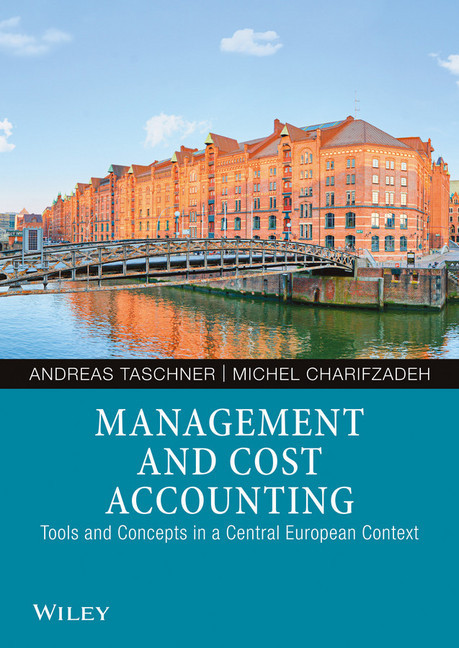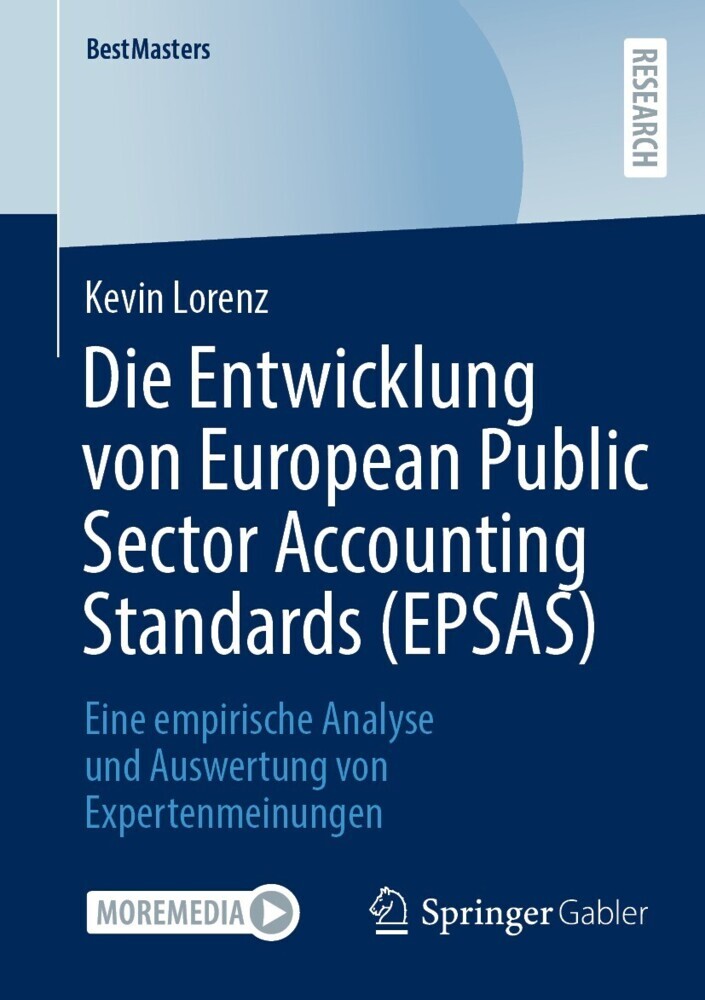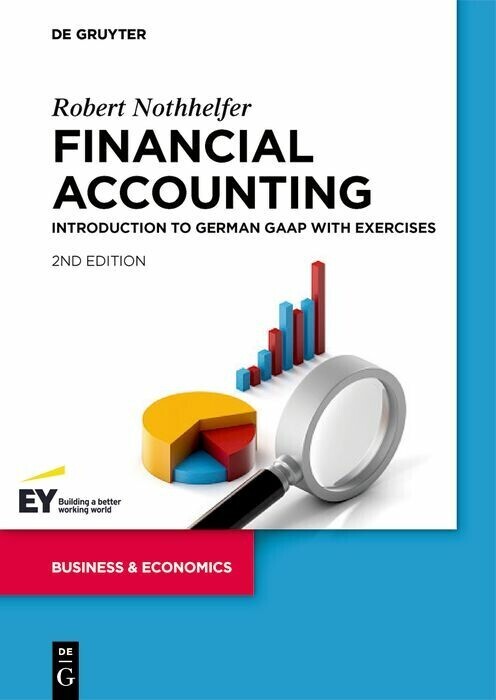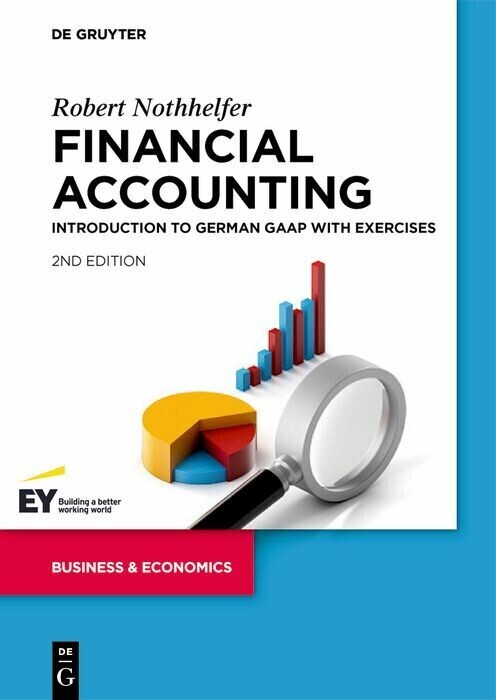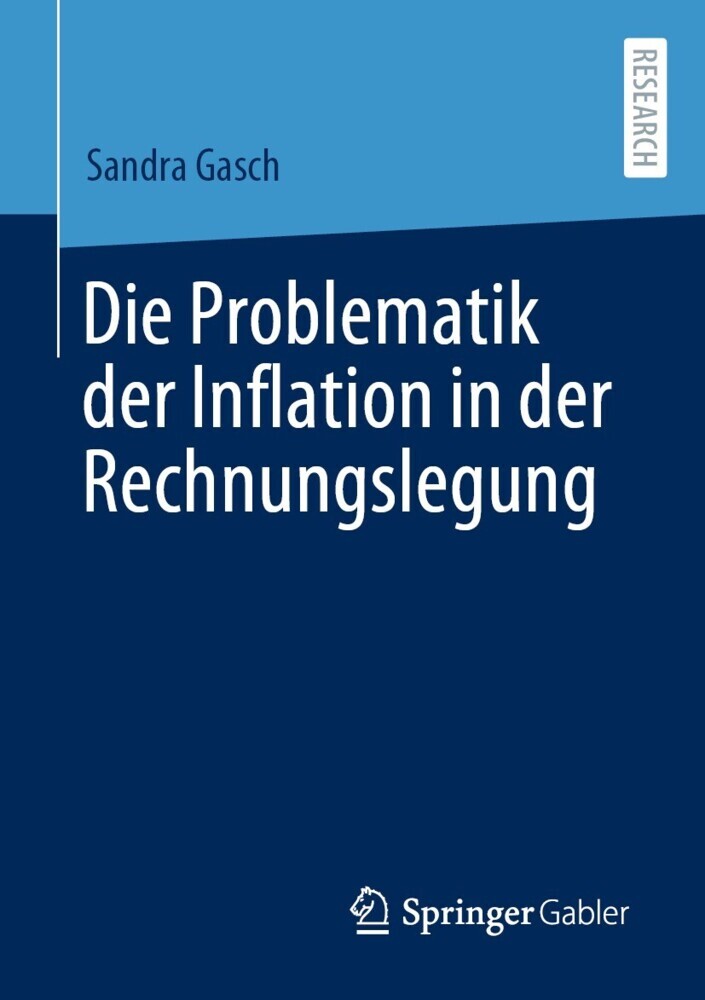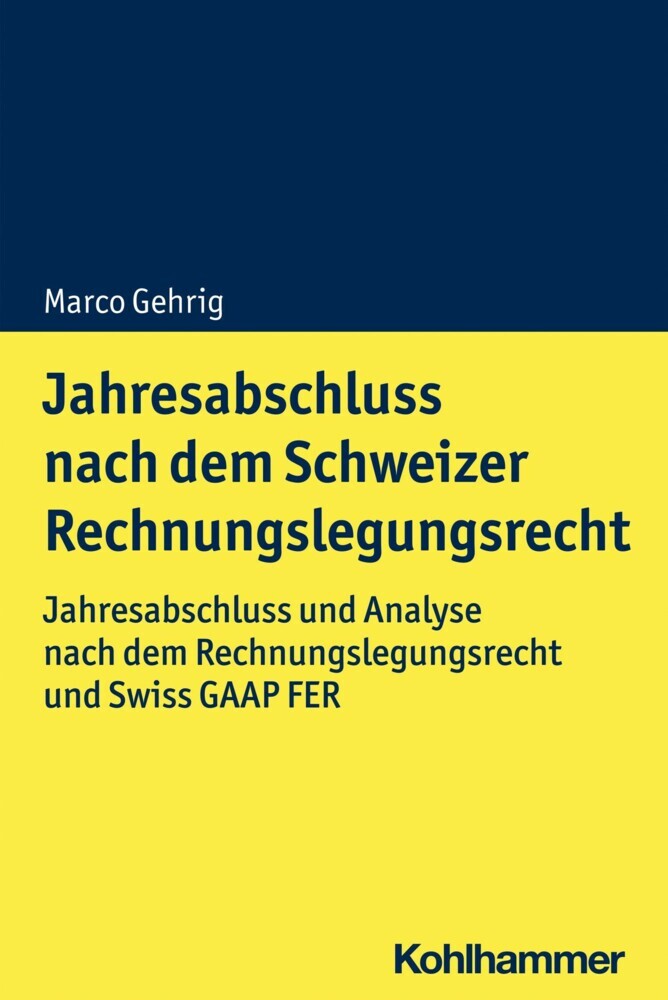Management Accounting and Control
Tools and Concepts in a Central European Context
Management accounting has been the basic toolbox in business administration for decades. Today it is an integral part of all curricula in business education and no student can afford not to be familiar with its basic concepts and instruments. At the same time, business in general, and management accounting in particular, is becoming more and more international. English clearly has evolved as the 'lingua franca' of international business. Academics, students as well as practitioners exchange their views and ideas, discuss concepts and communicate with each other in English. This is certainly also true for management accounting and control.
Management Accounting is becoming more and more international. ?Management Accounting and Control? is a new textbook in English covering concepts and instruments of management accounting at an introductory level (primarily at the Bachelor level, but also suited for general management and MBA courses due to a strong focus on practical relevance). This textbook covers all topics that are relevant in management accounting in business organizations that are typically covered in German and Central European Bachelor courses on management accounting and control.
After a general introduction to the field of management accounting and control the book discusses cost management as an extension of cost accounting. Typical cost management instruments such as target costing, life cycle costing and process-based costing approaches are explained in detail. Differences between Anglo-American activity-based costing (ABC) and German process-based costing are highlighted. The book then turns to an extensive discussion of planning and budgeting tasks in management accounting with a strong focus on the practical application of the topic such as developing a budget in practice. Another chapter is dedicated to a comparison of traditional budgeting with modern /alternative budgeting approaches.
A major part of the book is dedicated to the broad area of performance management. The relevance of financial statement information for performance management purposes is discussed in detail. In addition, the most widely spread financial performance indicators are illustrated using real-world examples. The book also includes detailed content on value-based management control concepts. In a consecutive chapter, performance measurement is linked with strategy while extensively discussing the Balanced Scorecard as a key tool in strategic performance management.
The remaining parts of the book deal with management reporting as one of the main operative tasks in management accounting practice. The book closes with insight into new fields and developments that currently influence management accounting practices and research and promise to play an increasingly important role in the future.
Both authors hold chairs and teach at the ESB Business School, Reutlingen University. They have been researching and teaching in the field of management accounting for many years.
Michel Charifzadeh holds a diploma in business administration from the Ludwig-Maximilians University Munich and received his doctoral degree from the EBS Universität für Wirtschaft und Recht, Oestrich-Winkel. He has worked as a project manager in mergers & acquisitions at Siemens AG for several years. As a professor of finance and accounting he was employed at the International University of Bad Honnef-Bonn before he was appointed to the ESB Business School at Reutlingen University in 2011. His teaching and research interests include value based management, performance measurement, company valuation and International Financial Reporting Standards (IFRS).
Andreas Taschner holds a diploma and a doctoral degree from the Wirtschaftsuniversität Wien (Vienna University of Economics and Business). He has more than 10 years of industry experience. He was appointed professor of management accounting at the ESB Business School at Reutlingen University in 2011. His teaching and research interests include comparative management accounting, management reporting, investment appraisal techniques, and supply chain accounting.
Management Accounting is becoming more and more international. ?Management Accounting and Control? is a new textbook in English covering concepts and instruments of management accounting at an introductory level (primarily at the Bachelor level, but also suited for general management and MBA courses due to a strong focus on practical relevance). This textbook covers all topics that are relevant in management accounting in business organizations that are typically covered in German and Central European Bachelor courses on management accounting and control.
After a general introduction to the field of management accounting and control the book discusses cost management as an extension of cost accounting. Typical cost management instruments such as target costing, life cycle costing and process-based costing approaches are explained in detail. Differences between Anglo-American activity-based costing (ABC) and German process-based costing are highlighted. The book then turns to an extensive discussion of planning and budgeting tasks in management accounting with a strong focus on the practical application of the topic such as developing a budget in practice. Another chapter is dedicated to a comparison of traditional budgeting with modern /alternative budgeting approaches.
A major part of the book is dedicated to the broad area of performance management. The relevance of financial statement information for performance management purposes is discussed in detail. In addition, the most widely spread financial performance indicators are illustrated using real-world examples. The book also includes detailed content on value-based management control concepts. In a consecutive chapter, performance measurement is linked with strategy while extensively discussing the Balanced Scorecard as a key tool in strategic performance management.
The remaining parts of the book deal with management reporting as one of the main operative tasks in management accounting practice. The book closes with insight into new fields and developments that currently influence management accounting practices and research and promise to play an increasingly important role in the future.
Both authors hold chairs and teach at the ESB Business School, Reutlingen University. They have been researching and teaching in the field of management accounting for many years.
Michel Charifzadeh holds a diploma in business administration from the Ludwig-Maximilians University Munich and received his doctoral degree from the EBS Universität für Wirtschaft und Recht, Oestrich-Winkel. He has worked as a project manager in mergers & acquisitions at Siemens AG for several years. As a professor of finance and accounting he was employed at the International University of Bad Honnef-Bonn before he was appointed to the ESB Business School at Reutlingen University in 2011. His teaching and research interests include value based management, performance measurement, company valuation and International Financial Reporting Standards (IFRS).
Andreas Taschner holds a diploma and a doctoral degree from the Wirtschaftsuniversität Wien (Vienna University of Economics and Business). He has more than 10 years of industry experience. He was appointed professor of management accounting at the ESB Business School at Reutlingen University in 2011. His teaching and research interests include comparative management accounting, management reporting, investment appraisal techniques, and supply chain accounting.
Charifzadeh, Michel
Taschner, Andreas
| ISBN | 9783527832804 |
|---|---|
| Artikelnummer | 9783527832804 |
| Medientyp | E-Book - ePUB |
| Copyrightjahr | 2020 |
| Verlag | Wiley-VCH |
| Umfang | 350 Seiten |
| Sprache | Englisch |
| Kopierschutz | Adobe DRM |

